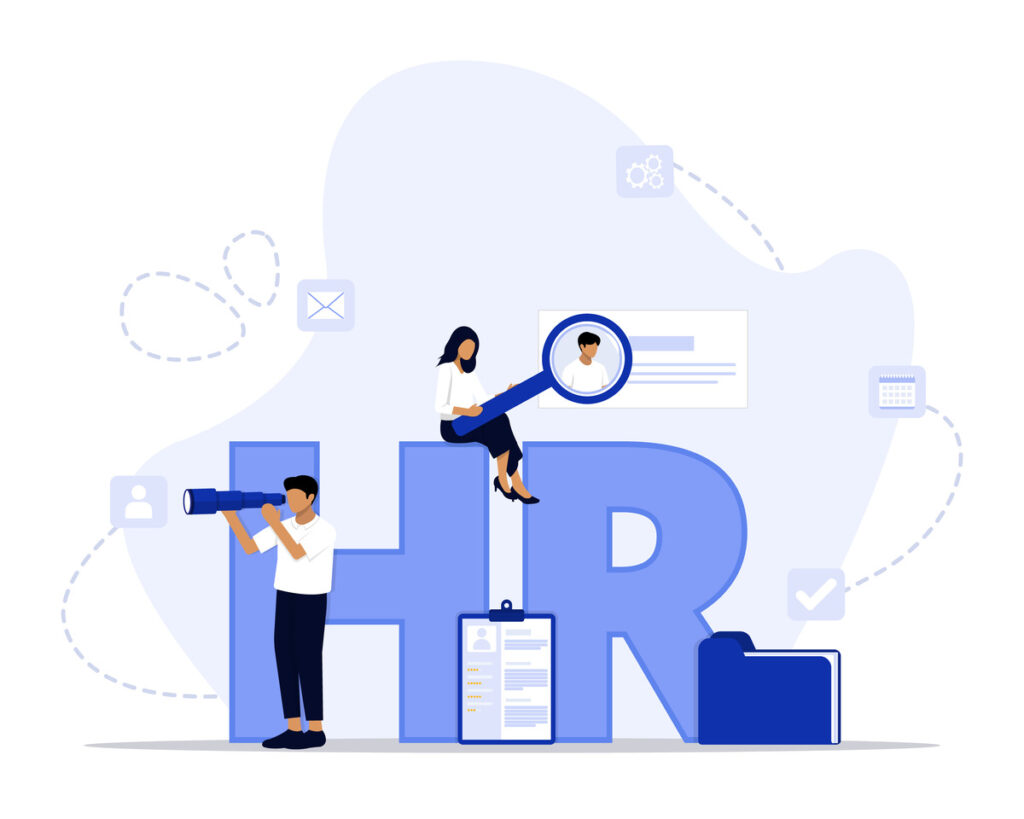Payroll processing in the Philippines has changed significantly in recent years. Many businesses that once relied on manual calculations and outdated systems are now facing new challenges. The rise of digital transformation, remote work, and stricter labor laws has made payroll management more complicated than ever. Without an efficient system, businesses risk costly errors, compliance issues, and employee dissatisfaction. This is why HRIS has become an essential tool for companies aiming to streamline payroll processing and ensure accuracy.
Why Traditional Payroll Methods Are No Longer Enough
Many businesses in the Philippines still rely on spreadsheets and manual record-keeping for payroll. While this may have worked in the past, it is no longer a practical solution. Human errors in tax calculations, overtime pay, and benefits deductions can lead to serious consequences. Employees who receive incorrect salaries may lose trust in their employers, while compliance mistakes can result in penalties from agencies like the Bureau of Internal Revenue (BIR), Social Security System (SSS), PhilHealth, and Pag-IBIG. With more businesses adopting digital solutions, those that fail to modernize risk falling behind their competitors.
The New Payroll Reality for Businesses Today
Payroll is no longer just about paying employees on time. Businesses must now consider tax compliance, employee benefits, and remote work arrangements. Companies with hybrid or fully remote teams need a system that can handle payroll across different locations seamlessly. HRIS provides real-time payroll tracking, ensuring that salaries, deductions, and contributions are processed accurately and in compliance with government regulations. As more businesses embrace digitalization, HRIS is no longer just a convenience but a necessity for smooth payroll operations.
HRIS in Payroll Processing
What HRIS Really Does Behind the Scenes
One of the biggest advantages of HRIS is automation. It calculates salaries, overtime pay, holiday wages, and deductions without human intervention, significantly reducing the risk of miscalculations. It also updates tax tables and ensures that withholding taxes, SSS contributions, PhilHealth premiums, and Pag-IBIG deductions are computed correctly. With an HRIS in place, businesses can generate payroll reports in real-time, making it easier to track employee earnings, tax liabilities, and other financial records.
Another key function of HRIS is security. Payroll fraud and ghost employees are common issues in companies that rely on manual systems. HRIS prevents unauthorized access and ensures that only legitimate employees receive payments. Integrating with attendance and timekeeping systems ensures that payroll is based on actual work hours, preventing overpayments and salary disputes.
Payroll Compliance Without the Stress
Staying compliant with Philippine labor laws can be overwhelming, especially for businesses with a growing workforce. Government agencies require detailed reports and accurate records, and even a minor mistake can lead to audits, fines, or legal action. HRIS simplifies compliance by automatically generating reports for submission to the BIR, SSS, PhilHealth, and Pag-IBIG. It ensures that employee benefits and contributions are up to date, minimizing the risk of compliance violations.
Some small businesses assume that only large corporations need HRIS, but that is a misconception. Even small and medium-sized enterprises (SMEs) benefit from automated payroll systems. With HRIS, SMEs can avoid costly compliance mistakes, improve payroll efficiency, and provide employees with a better payroll experience.
Finding the Right HRIS for Your Payroll Needs
Features That Matter in an HRIS Software
An effective HRIS should have features that streamline payroll processing. Automated tax computation ensures accurate deductions and tax filings. Multi-currency payroll support is essential for businesses with international employees. Cloud-based systems offer greater flexibility, allowing HR teams to process payroll from anywhere. Employee self-service portals improve transparency, enabling employees to access their payslips, tax documents, and payroll history online. Integration with attendance tracking and accounting software enhances efficiency by reducing manual data entry.
A key decision is whether to use a cloud-based or on-premise HRIS. Cloud-based systems offer better accessibility and require less maintenance, while on-premise solutions provide more control over data security. Businesses must assess their operational needs and budget before making a choice.
Key Takeaway
HRIS is no longer just an optional tool for businesses in the Philippines—it has become a necessity. Manual payroll processing is time-consuming, prone to errors, and carries significant compliance risks. HRIS automates salary calculations, tax deductions, and benefits processing, ensuring accuracy and efficiency. Businesses that adopt HRIS gain a competitive advantage by reducing payroll errors, improving compliance, and enhancing employee satisfaction.
Beyond payroll, HRIS contributes to overall business efficiency. It provides real-time data for better decision-making, strengthens data security, and simplifies administrative tasks. Businesses of all sizes can benefit from HRIS, making it a worthwhile investment for long-term success.
For companies still relying on manual payroll methods, now is the time to transition to HRIS. With the right system in place, payroll processing becomes stress-free, allowing businesses to focus on growth and success in the ever-evolving Philippine business landscape.






